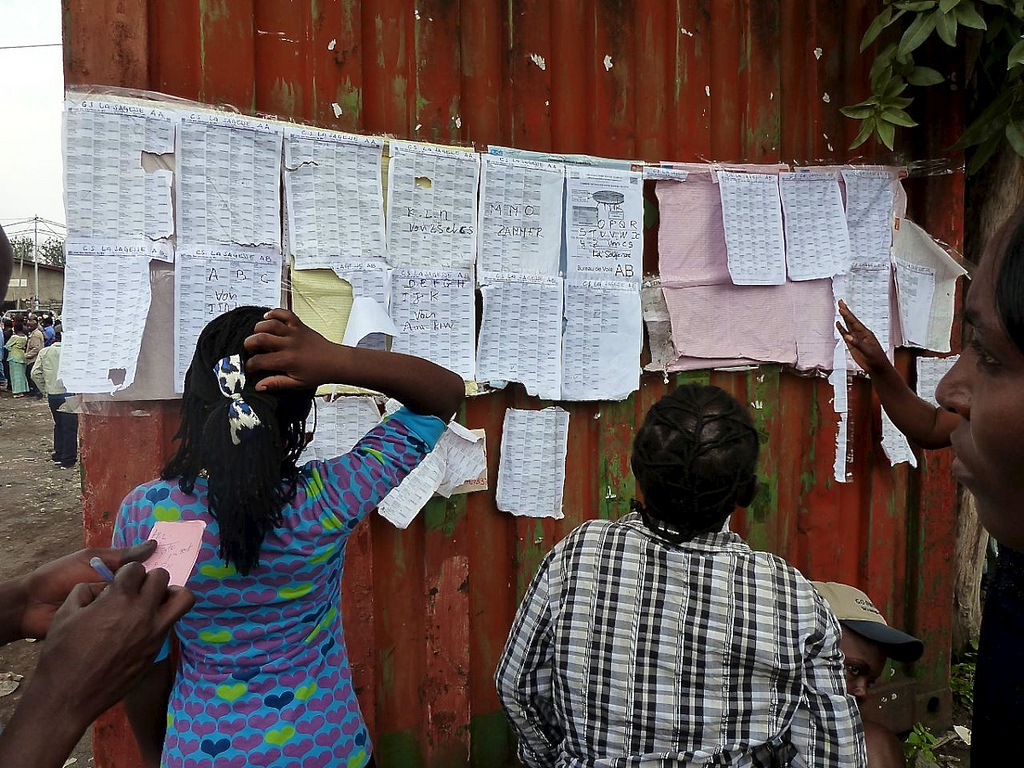
On Wednesday, April 25, the Supreme Court of the Democratic Republic of Congo ruled that at least 32 members of Parliament were not rightfully elected to their positions, including 17 members of President Kabila’s ruling alliance and 15 members of the opposition. Nearly 100 additional sitting MP’s may also face legal scrutiny regarding election results.
The Supreme Court’s ruling is a first step in rooting out the deep-seated corruption within the Congolese government. Of the 19,000 candidates in last November’s parliamentary elections, 5,000 have filed legal challenges against the results. The Court will investigate a total of 521 of these cases, 338 of which have already been declared sound, and roughly 100 cases are still up for review. The 32 MP verdicts was the first batch of overruled seats; however, the court’s decisions have yet to demonstrate that the judicial body is motivated by reform rather than the need to repair Congo’s international image.
Of the 32 rulings, the most prominent position rescinded was held by Jean Claude Baende, the governor of Equateur Province and supporter of Joseph Kabila. His popularity, though, was already low due long standing allegations of embezzlement, therefore creating little backlash from people on the ground. Interestingly, two brothers of Ngoy Mulunda, the head of Congo’s election commission, CENI, lost their seats in the court ruling. They were both members of the ruling party and their seats were replaced by others within the presidential majority. Overall, despite the shakeup, the opposition has yet to gain a single parliamentary seat while the majority has gained six.
Doubts about the integrity of the investigations will continue so long as the court exclusively revokes the titles of small-scale MP’s and refrains from evaluating major players in the president’s party. Additionally, the Supreme Court will face accusations of partiality and politicization if its rulings continue to chip away at opposition representation in Parliament.
The controversial presidential election that secured Kabila’s second term has attracted an array of international pressure on the Congolese government’s legitimacy. On one hand, it appears that the Supreme Court’s recent actions may be a genuine attempt to address these concerns, but on the other hand its actions may simply serve as a façade of justice to deter further international scrutiny.
The procedures of the investigations are also unclear. Although 32 elected seats have been ruled invalid, there has been no movement towards conducting recounts. The lack of transparency in the Supreme Court’s decision process has strengthened suspicions that the cases are for political show rather than intent to reform. These rulings have great potential to rectify the electoral corruption that unfolded in November, but their legitimacy will only become evident as more verdicts are announced.
Photo: Voters list posted at a polling station in Goma during the November 2011 presidential and parliamentary elections (Enough Project).

